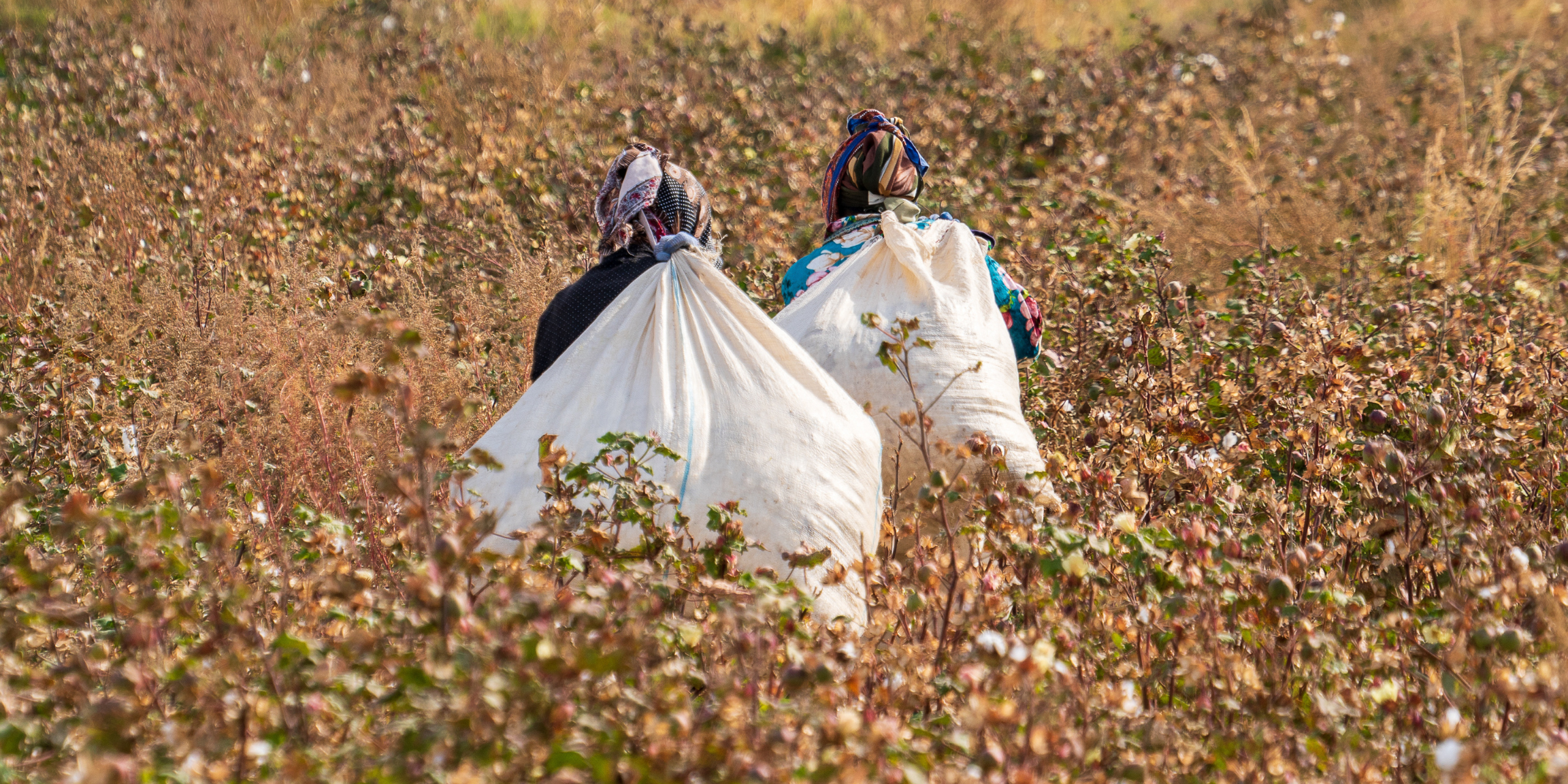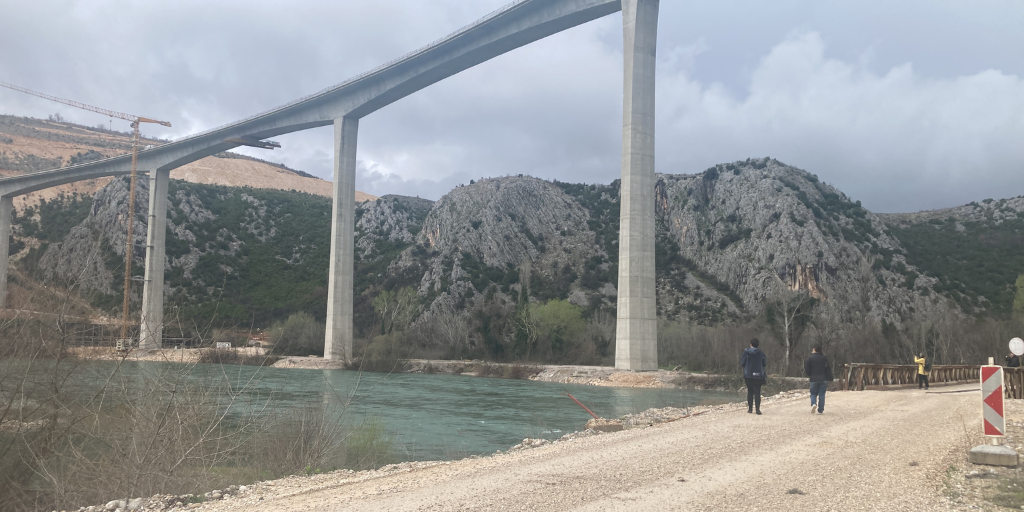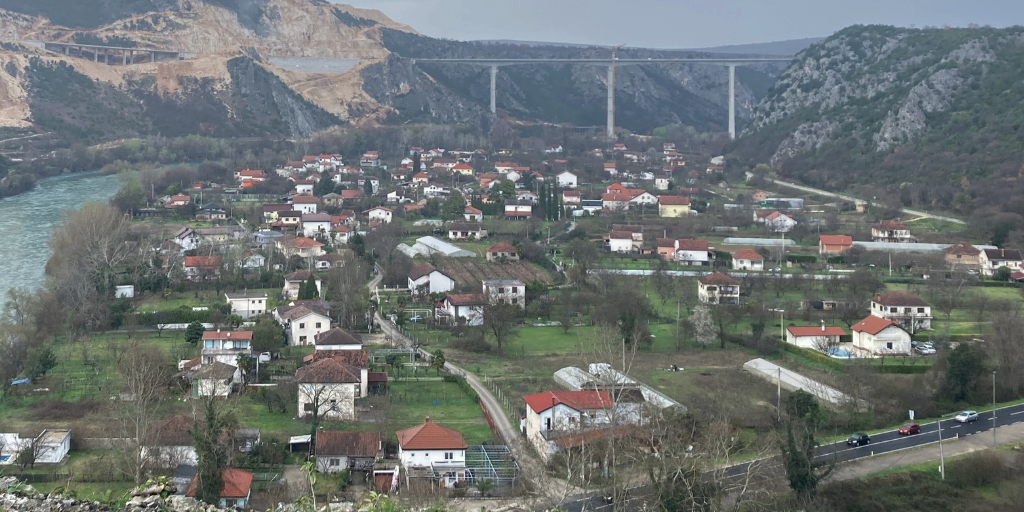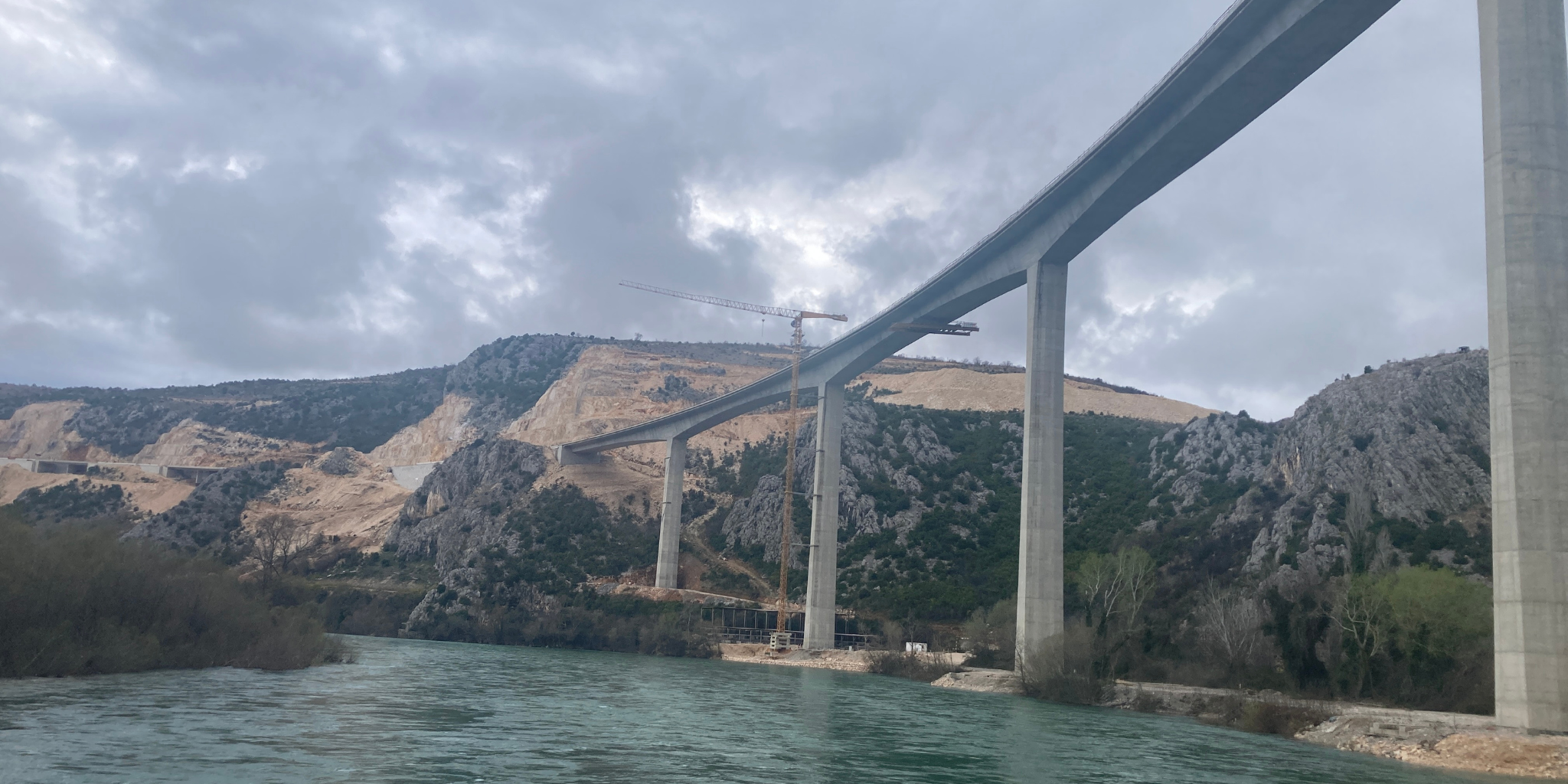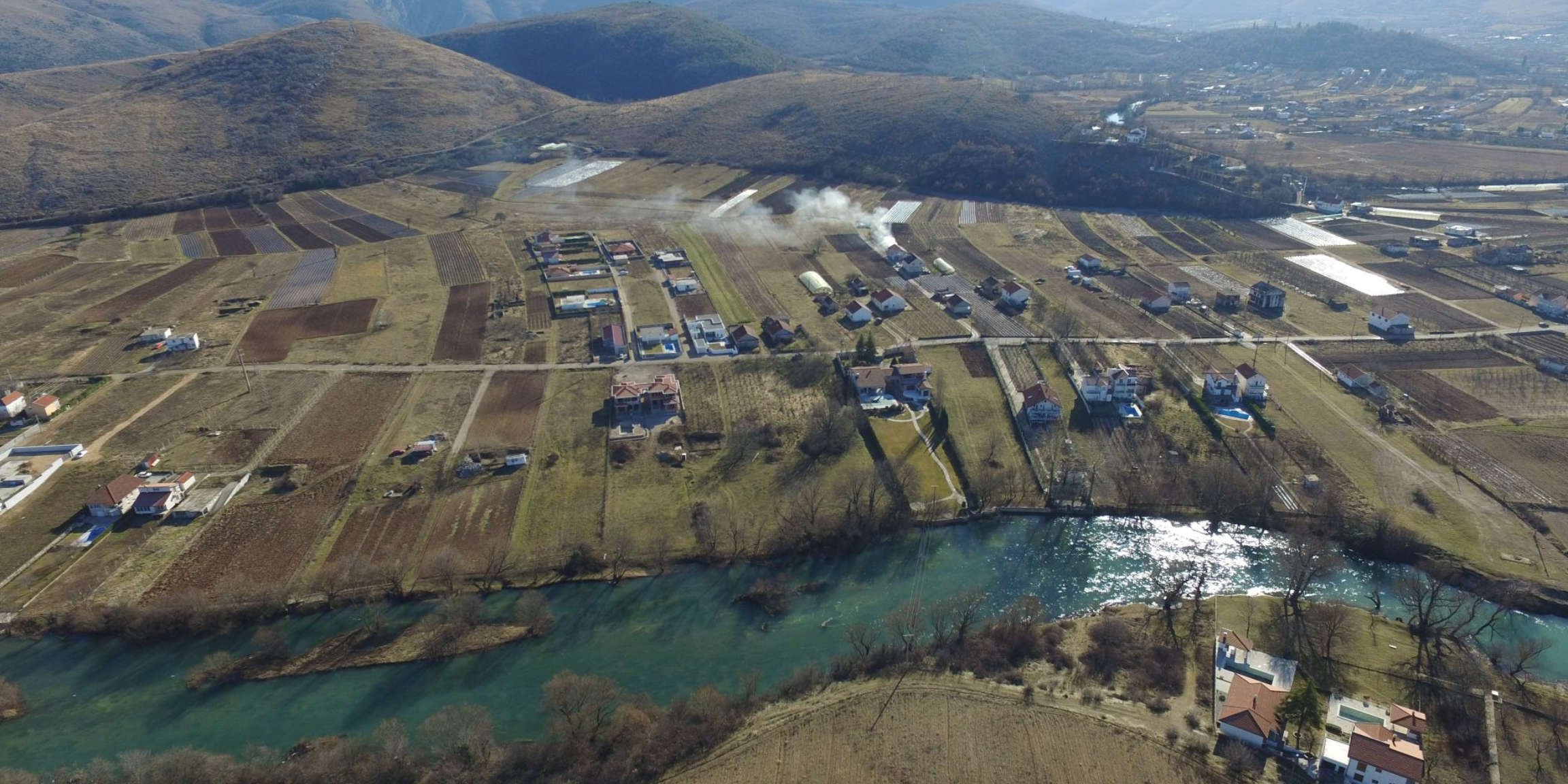Poor planning by the European Investment Bank puts at risk one of the largest wind energy projects in the Western Balkans
Blog entry | 19 June, 2024Following concerns from local people, the Aarhus Centre in Sarajevo and CEE Bankwatch Network have started legal actions on the lack of environmental impact assessment and appropriate assessment for the 132 MW Poklečani wind project in Bosnia and Herzegovina (BiH). Hasty decisions by the Federation of BiH authorities and European Investment Bank might end up delaying the project for years.
Read moreMore than money: New report reveals shortcomings in human rights policies of leading public development banks
Press release | 6 May, 2024As the EBRD gears up for its Annual Meeting on 14 May, the FIDH and Bankwatch release a report comparing the lending policies of four major public development banks whose loopholes are contributing to human rights violations.
Read moreMore than money: Development banks must strengthen human rights safeguards
Publication | 6 May, 2024Despite environmental and social safeguards in place, projects financed by public development banks all too often violate human rights.
Read moreNew report: EU must act to prevent needless environmental and social damage by Corridor Vc motorway in Bosnia and Herzegovina
Press release | 5 April, 2024The European Commission and EU public banks must press for a revision of the Corridor Vc motorway route near Mostar in Bosnia and Herzegovina (BiH) if excessive environmental and social harm is to be avoided, finds a CEE Bankwatch Network report published today. (1)
Read moreThe Corridor Vc motorway in Bosnia and Herzegovina: A decisive test for EU standards
Publication | 5 April, 2024Based on a March 2024 site visit, this report examines two planned sections of the motorway– from Mostar South to the Kvanj Tunnel and from Konjic to Mostar, through the iconic Prenj mountain. It presents updated findings and underlines that it is crucial for the European Commission, EIB and EBRD to ensure that the route south of Mostar and via Prenj is re-examined and publicly consulted if they want to avoid many more years of delay.
Read moreMostar locals continue to resist Corridor Vc routing amid new tunnel loan talks
Press release | 19 March, 2024On 11-13 March a Bankwatch team visited Mostar and the nearby villages of Kosor, Ortiješ and Malo Polje. The team met with more than 25 landowners from the three villages, visited vineyards in Ortiješ, nearby construction sites on the Corridor Vc, and the Podveležje ridge. They discussed with local people the developments in the valley, ongoing legal action and the results of complaints at the EBRD’s accountability mechanism.
Read moreSoft landing: New high-level EIB ‘revolving door’ revelations suggest systemic issue persists
Blog entry | 1 March, 2024Alarming new Politico report uncovers ‘revolving doors’ in the EIB’s highest echelons linked to the controversial expansion of the Budapest airport.
Read moreBosnia and Herzegovina: Corridor Vc motorway south of Mostar needs rerouting to meet EBRD and EU standards
Press release | 16 February, 2024A European Bank for Reconstruction and Development (EBRD) compliance review has vindicated Mostar complainants affected by the Corridor Vc in Bosnia and Herzegovina. Now the Federation of BIH government, with support from the EU and European public banks, must ensure effective remedy.
Read moreNew EIB President Nadia Calviño must put people’s needs first
Press release | 8 December, 2023The new European Investment Bank (EIB) President Nadia Calviño must tap into the Bank’s green and social potential. She should direct the EIB to mobilise its resources to meet the fundamental needs of people and to assist with transforming our society into one that’s ecological and sustainable.
Read moreGender-related issues in the urban mobility sector in the Canton of Sarajevo
Publication | 5 December, 2023Sarajevo transport system is dominated by private motor vehicles and marred by dissatisfaction. Heavy traffic during rush hours, issues with reliability of public transport and environmental concerns persist. Many of these issues disproportionately affect vulnerable groups, including women, who often have distinct travel patterns and needs.
Read more
